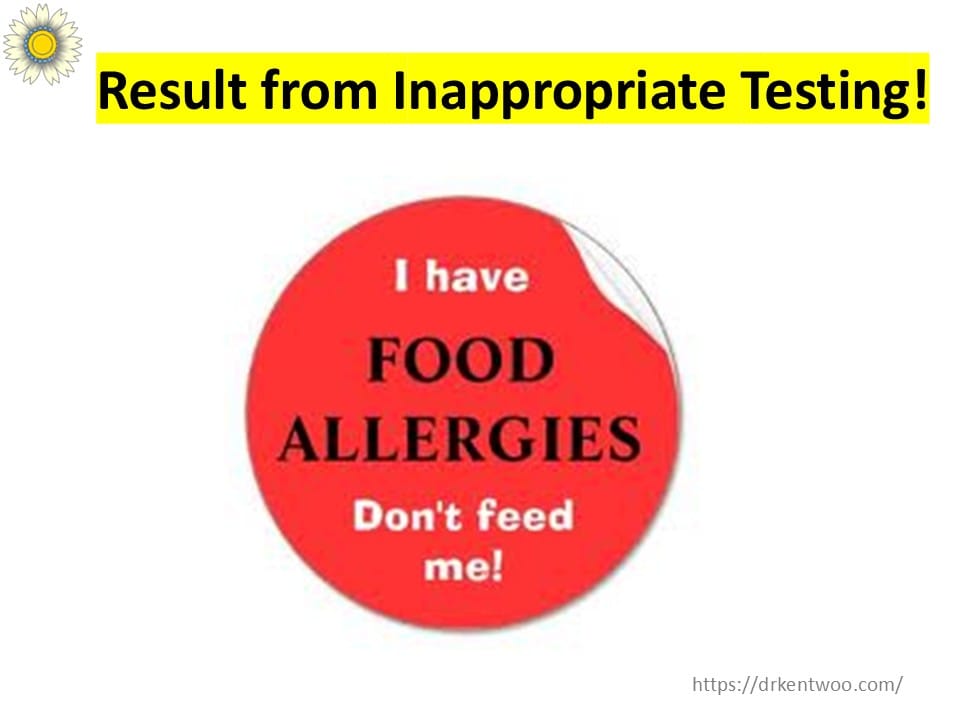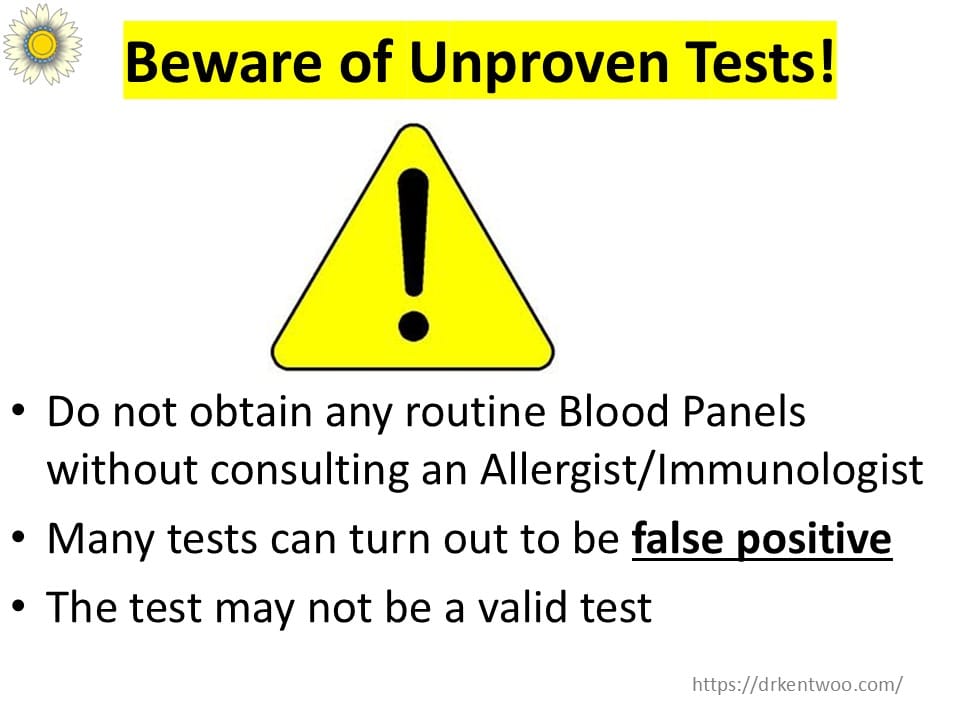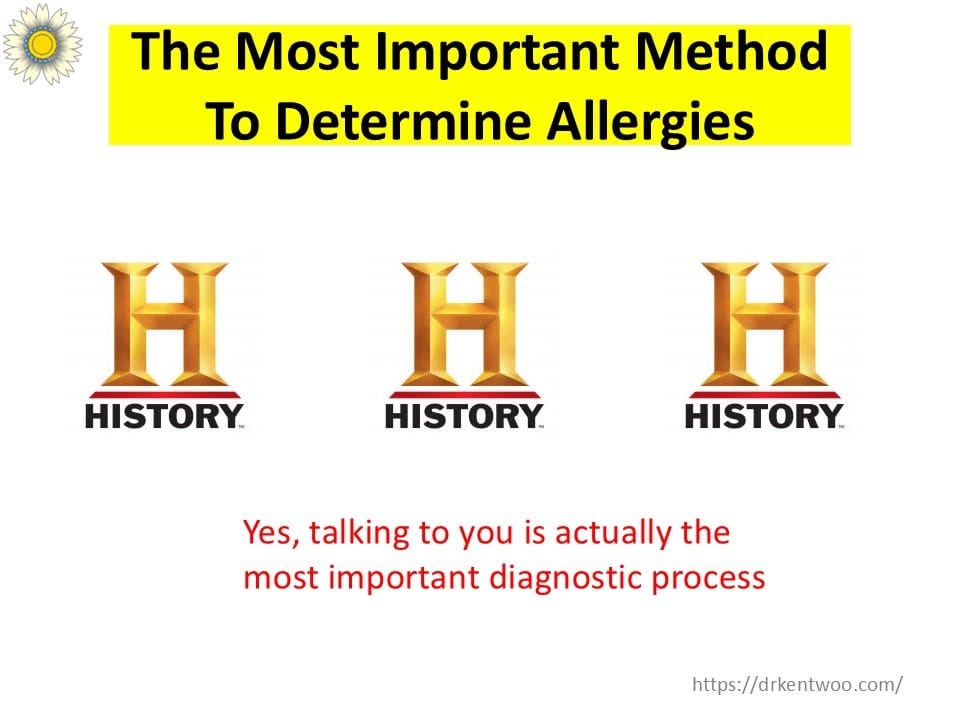Do Not Use Only Blood Tests to Diagnose Food Allergy
When diagnosing food allergies, relying solely on blood tests can lead to unnecessary food restrictions. A comprehensive evaluation by an Allergy & Immunology specialist is crucial to accurately determine whether a food allergy is present.
The Problem with Blood Tests for Food Allergies

Blood tests measure food-specific IgE antibodies, which indicate a potential allergic response. However, they do not confirm whether a person will have an actual allergic reaction when consuming the food.
In fact, many people—especially those with atopic dermatitis (eczema)—naturally produce high levels of IgE, leading to false positives in blood tests. This can result in unnecessary food avoidance, which may negatively impact nutrition and quality of life.
Study Warns Against Over-Reliance on Blood Tests

A study published in The Journal of Pediatrics highlights the risks of using blood tests alone to diagnose food allergies:
🔹 89% of oral food challenges (OFCs) showed that children were unnecessarily avoiding foods.
🔹 Many children were on overly restrictive diets, avoiding foods they had previously eaten without issues.
🔹 Failure to thrive was observed in some children due to unnecessary food eliminations.
Dr. David M. Fleischer, the lead researcher from National Jewish Health in Denver, warns:
“The practice of ordering large panels of serum IgE tests and eliminating foods without proper interpretation by an allergist needs to change.”
Why Clinical History Matters

A detailed medical history is the most important step in diagnosing a food allergy. Before ordering tests, an allergist will assess:
✅ Symptoms: What happens after eating the suspected food?
✅ Timing: How soon do symptoms appear?
✅ Reaction Severity: Mild discomfort vs. anaphylaxis
✅ Food Exposure: Has the person tolerated the food before?
✅ Pattern of Reactions: Does it happen every time?
A skin prick test (SPT) may also be done to compare results. Oral food challenges (OFCs) remain the gold standard for confirming food allergies, conducted under medical supervision.
Information You Can Use
🚫 Do not rely only on blood tests to diagnose food allergies.
🩺 Consult an Allergy & Immunology specialist for proper evaluation.
🍎 Avoid unnecessary food restrictions that can lead to nutritional deficiencies.
👩⚕️ Consider an oral food challenge (OFC) to confirm true food allergies.
If you suspect a food allergy, seek expert guidance instead of depending solely on test results. A proper diagnosis can help prevent unnecessary dietary restrictions and improve overall well-being.
Reference:




